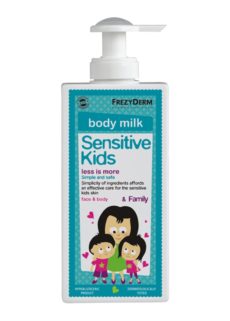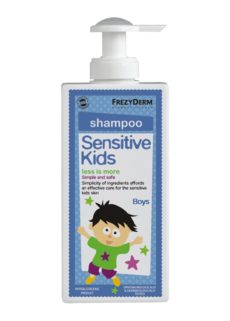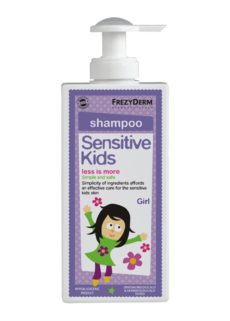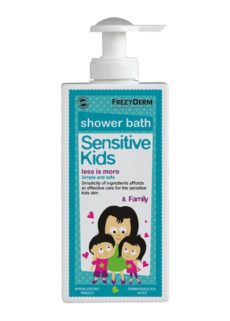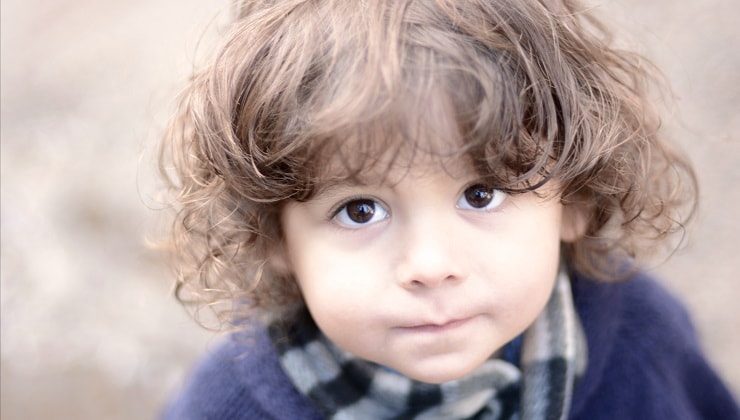
Tips for Dealing with an Anxious Child
Having an anxious child can be really upsetting. Not just for your child but also for you.
As a parent, there is nothing worse than seeing your son or daughter sad, in distresses, pain or anxious. Many parents will go out of their way to comfort and soothe their child but sometimes they can be making the situation even worse. It’s often a well-meaning parent that falls into the tricky cycle of trying to help their anxious child, and then this leads to making them worse.
Different children become anxious at different times and for different reasons. A lot of the worries they have are just a normal part of growing up. Children from the ages of eight months to three years commonly suffer from separation anxiety. Babies and toddlers can often get clingy and cry if a parent or other carer (nanny, grandparent) leave them, even if it’s only a short time.
If the anxiety is starting to affect your kid’s wellbeing, then it may be time to tackle it.
Your child may have anxiety if they:
- cling, cry and/or has tantrums when you leave them
- are excessively shy and avoid social situations
- constantly worry
- avoid situations or places because they are scared
- complains of stomach aches or headaches regularly
- experience panic attacks often
- have difficulty sleeping
- wake in the night
- start wetting the bed
- have bad dreams
How to help your child:
Anxiety isn’t the enemy
Remember, the goal isn’t to get rid of anxiety. Adults get anxious too. It’s a natural human emotion that we all get every once in a while. The goal is to help your little one deal with anxiety. Don’t try and remove the stress trigger, but try and teach your child how to overcome these feelings when they face these situations. Help them learn to tolerate their anxiety. The more they learn to cope with it, the more it’ll decrease over time.
Don’t avoid their stress triggers
Avoiding things and situations that make your child anxious helps them in the short term but it prolongs these feelings in the long run.
If, for example, your child gets anxious going to a playgroup and they cry and you take them home then they’re learning that this is the way to escape the uncomfortable situation.
Be positive but realistic
You can’t say to your child that their fears are silly. You can’t promise that your son or daughter will have a great time at their friend’s birthday party or that their assembly play will go well.
But what you need to do is reassure them that you have confidence in them. Whatever happens, they will be ok. As they face their fears the anxiety will lessen and they will learn that things are often not as bad as you think they’ll be.
Respect your child’s worries
You can listen to your little boy or girl’s fears without agreeing to them. Try not to be little them and tell them they are silly for feeling scared. But you don’t want to make them worse either. Listen and empathise with your child’s worries. Let them talk through their feelings and why they are scared. Help them to understand their thoughts and feelings. What do they think will happen? You want to let them know that you’re there for them, you know they are scared and that’s ok, but they will get through this and you’re there for them.
Don’t make your child’s worries worse
Be careful of your body language and the things you say. Don’t give your child ideas of what to be scared of. For example, say your child had a bad experience with a dog recently. And you both come across a friendly dog in the street that comes up to you both to sniff you. Your body langue or tone of voice may say “Ok, this is scary, I’m scared so you can be scared too”. Children are very perceptive of feelings even when you think they’re not paying attention.
Try and keep before periods short
Imagine your child has a swimming lesson and every week their anxiety goes through the roof in the lead up to the journey and during the trip to the pool. Instead of saying “swimming lessons this afternoon after I do cleaning” and then do chores whilst your child grows quietly anxious.
Try and just keep the period between the actual event and the time before you leave to a minimum. Think about distracting them during the lead up and then just quickly getting off to the anxiety trigger.








